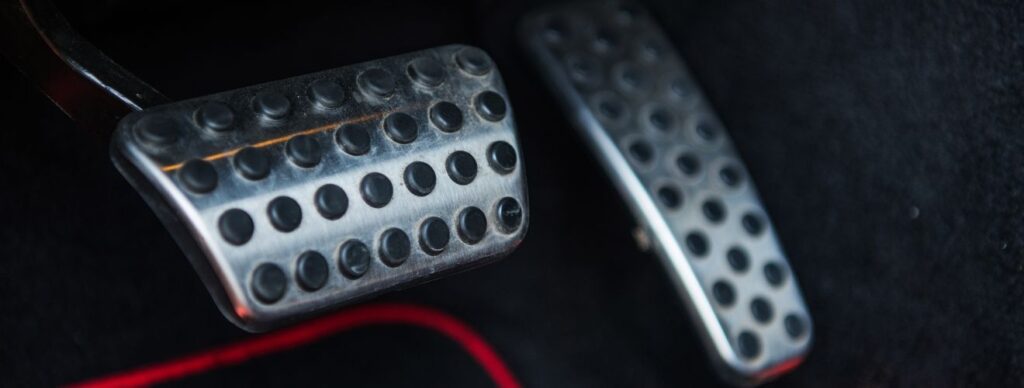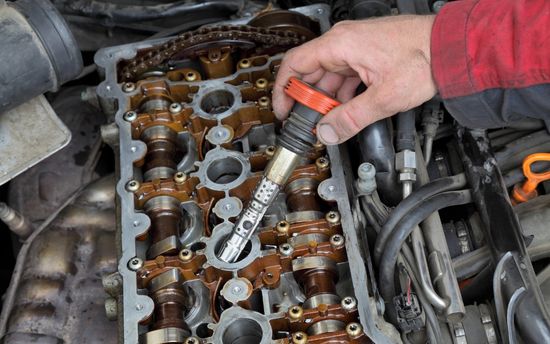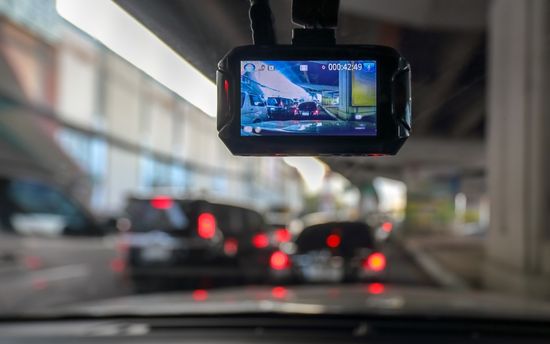You know that you can't know too much about cars. But how do you learn all of this? If you're looking for an easier way to get exposed to all the basics of auto maintenance, then look no further than
Skip to content
Flash Blogs
- Unveiling the Exciting Updates and Performance of the Acura 2024 TLX
- Driving Relief: Ontario Gas Tax Reduction Extended Amid Economic Challenges
- Unveiling the Speed Demons: Which EV Charger Is the Fastest?
- What Is Needed For Car Loan Eligibility?
- Unlocking the Mystery: How Long Can Car Tyres Last?
- What Brand of Tires Should I Stay Away From? Expert Advice and Recommendations
- 2025 Countryman SE ALL4: Mini’s Eco-Friendly Move
- 2025 Audi A3 Sedan: Unveiling Subtle Updates and Customizable Features
- Exploring Factors and Solutions For Why Car Loan Rates Are So High
- Electric Vehicle Myths Debunked: Separating Fact from Fiction
- Tesla Self-Driving Explained: What You Need to Know
- How Much Car Registration Renewal Costs: A Comprehensive Guide
- Exploring the All-New 2024 BMW X2: A Stylish Upgrade Over X1
- Jeep Price Drop Signals Brand Transition Ahead of EV Launches
- How Do Car Interest Rates Work?
- Unveiling the Mechanics: How Electric Car Transmission Works
- How to Detail Your Own Car Like a Pro – Tips and Tricks
- Unveiling the 2025 Kia K5: Engine Upgrades, Innovative Tech, and Bold Lighting Scheme
- When Does Drive to Survive Come Out?
- How Car Loans Works: Understanding the Mechanics
Saturday, July 27





